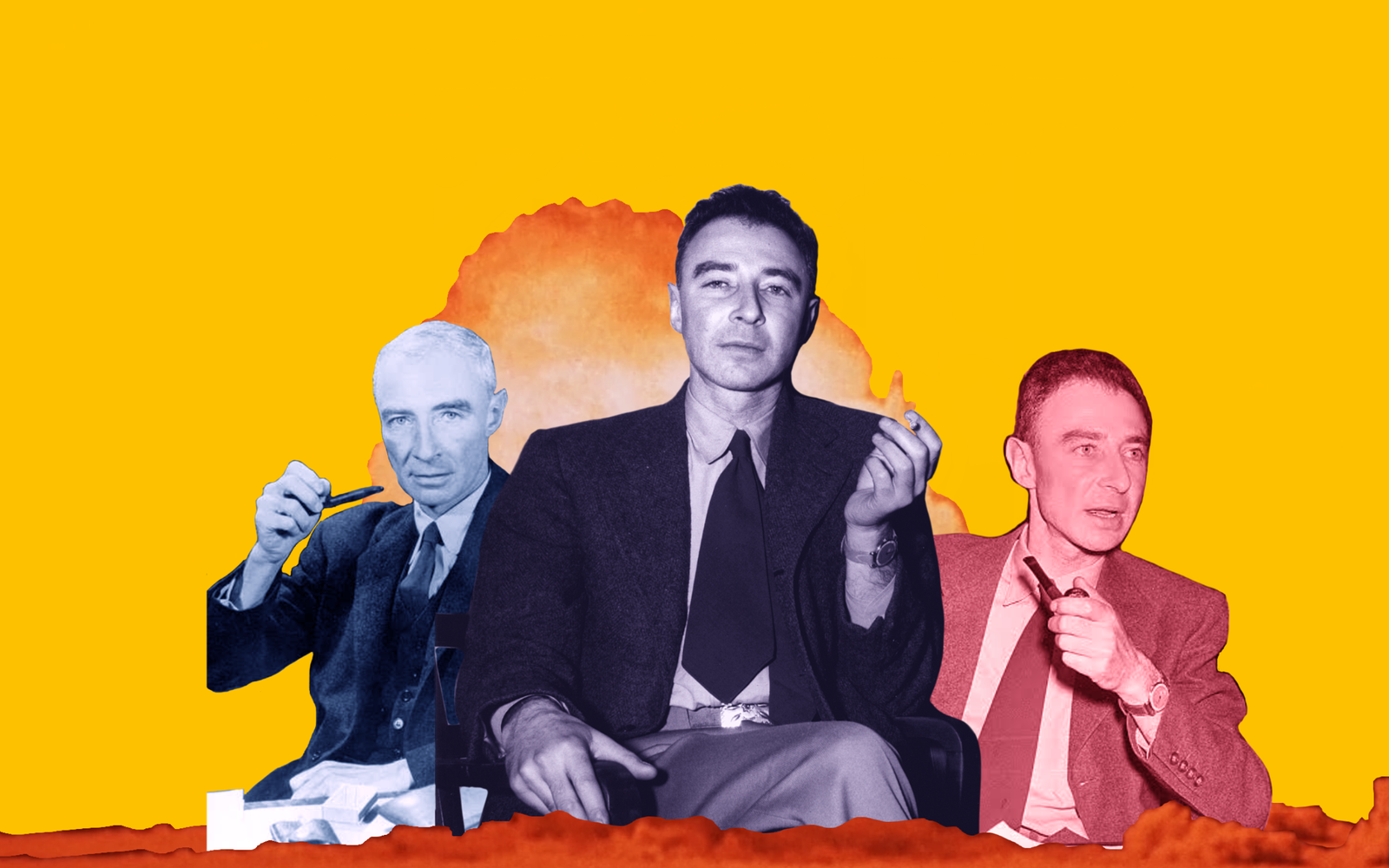Despite his pivotal role in ending WWII, his legacy was marred by controversies stemming from his opposition to the hydrogen bomb and his political affiliations.
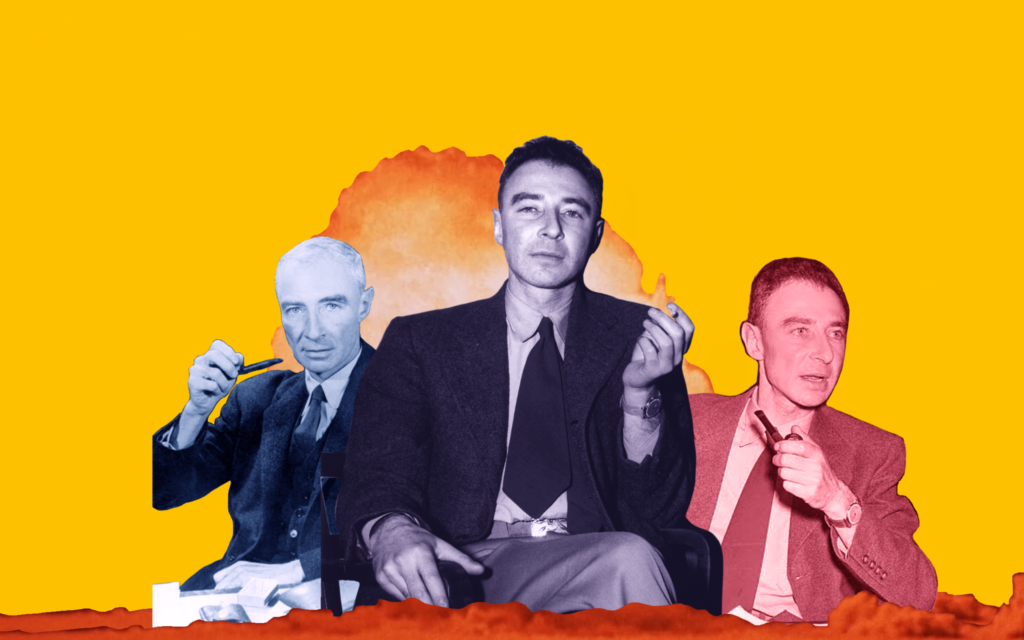
When you think of the atomic bomb, you probably think of the devastation it caused during World War II. But have you ever stopped to think about the people behind the bomb?
Robert Oppenheimer, the brilliant physicist who led the Manhattan Project and helped bring an end to the war.
Who was Robert Oppenheimer?
Robert Oppenheimer was born in New York City in 1904. He was a brilliant student who went on to study at some of the most prestigious universities in the world, including Harvard, the University of Cambridge, and the University of Göttingen. He was known for his intelligence, his quick wit, and his love of poetry and literature.
The Manhattan Project:
In 1942, Oppenheimer was recruited to lead the scientific team working on the Manhattan Project. A top-secret government project aimed at developing an atomic bomb before Nazi Germany could do the same. Over the next three years, Oppenheimer and his team worked tirelessly to develop the bomb. Which was eventually tested in the desert of New Mexico in July 1945.
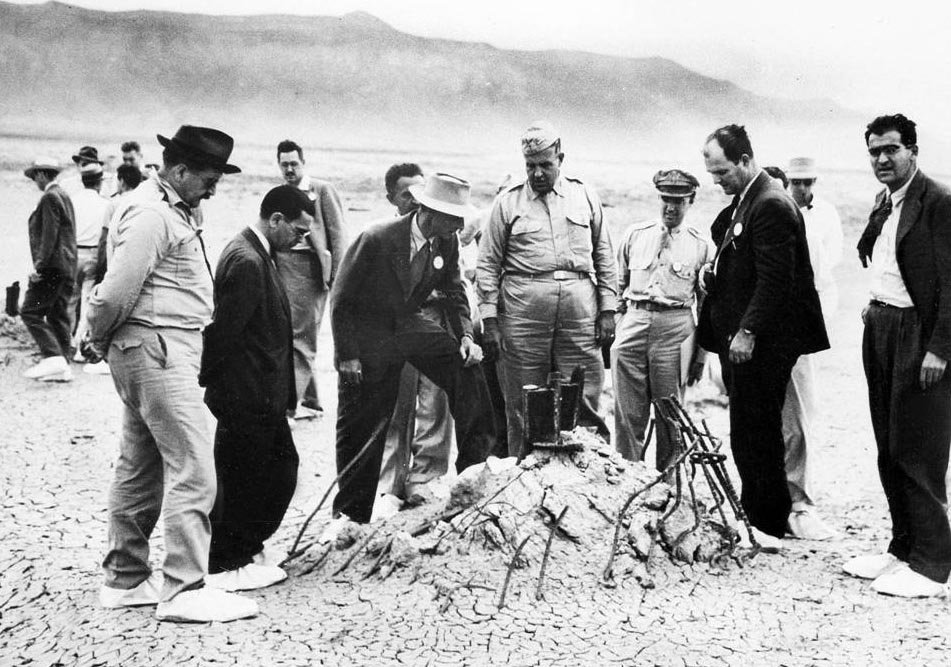
Oppenheimer The Controversial Figure:
While Oppenheimer’s work on the Manhattan Project helped bring an end to World War II, it also had a profound impact on his reputation and legacy. In the years that followed, Oppenheimer became a controversial figure, due in part to his opposition to the development of the hydrogen bomb and his association with left-wing political groups during the McCarthy era.
Personal Life
Oppenheimer had a complex personal life that was marked by tragedy and controversy. He suffered from depression and was known to have had extramarital affairs. His brother, Frank Oppenheimer, was also a prominent physicist who was blacklisted during the McCarthy era.
Post-War Career
After the war, Oppenheimer became the director of the Institute for Advanced Study at Princeton University, where he continued to make important contributions to the field of nuclear physics. He was also active in politics and was a vocal opponent of nuclear weapons and the arms race.
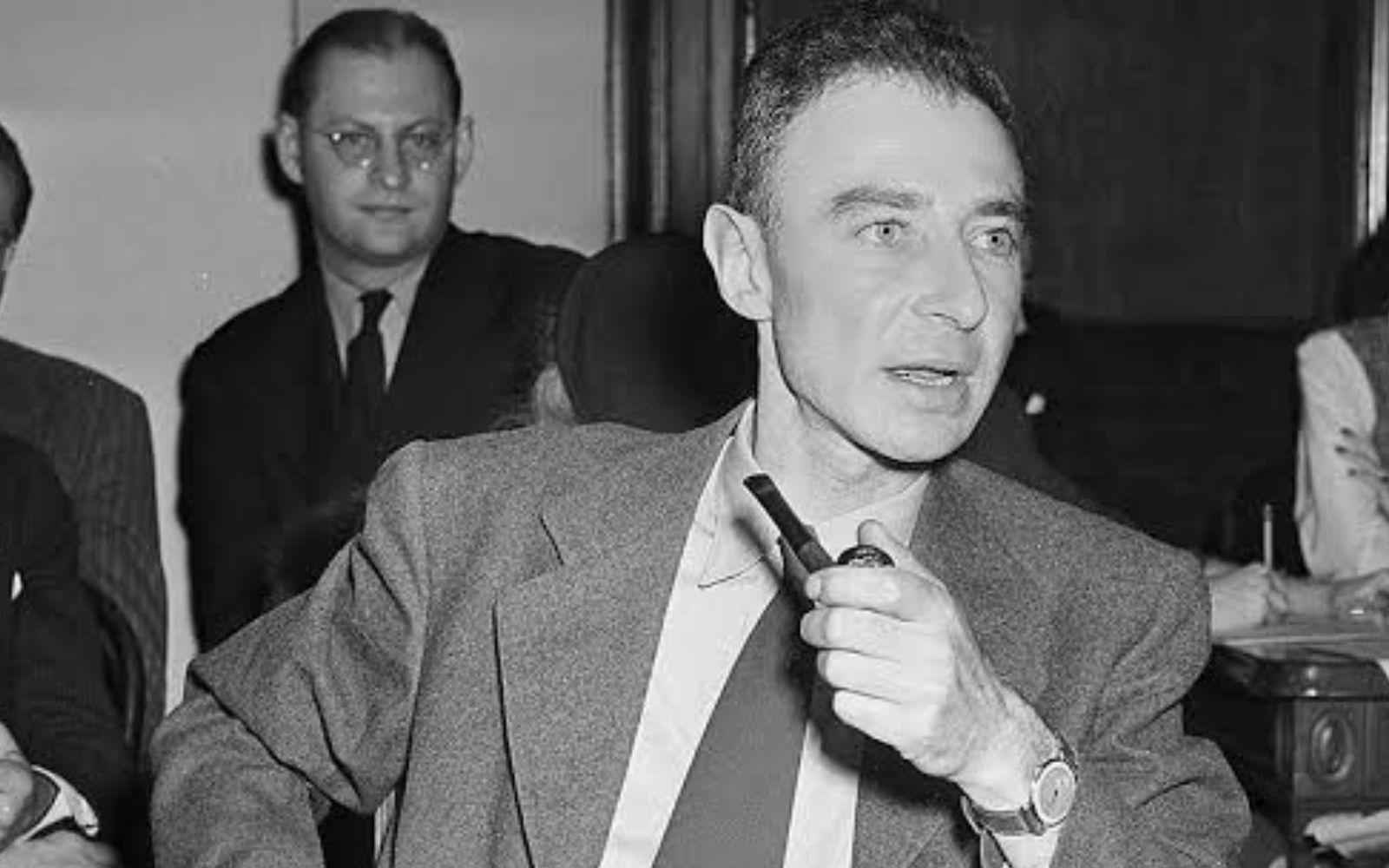
Oppenheimer’s Legacy
Despite the controversies that surrounded him in his later years, Oppenheimer’s legacy as a scientist and a leader in the field of nuclear physics remains secure. He is remembered as a brilliant scientist who played a pivotal role in the development of the atomic bomb, as well as a complex and fascinating figure whose life and career continue to be studied and debated to this day.
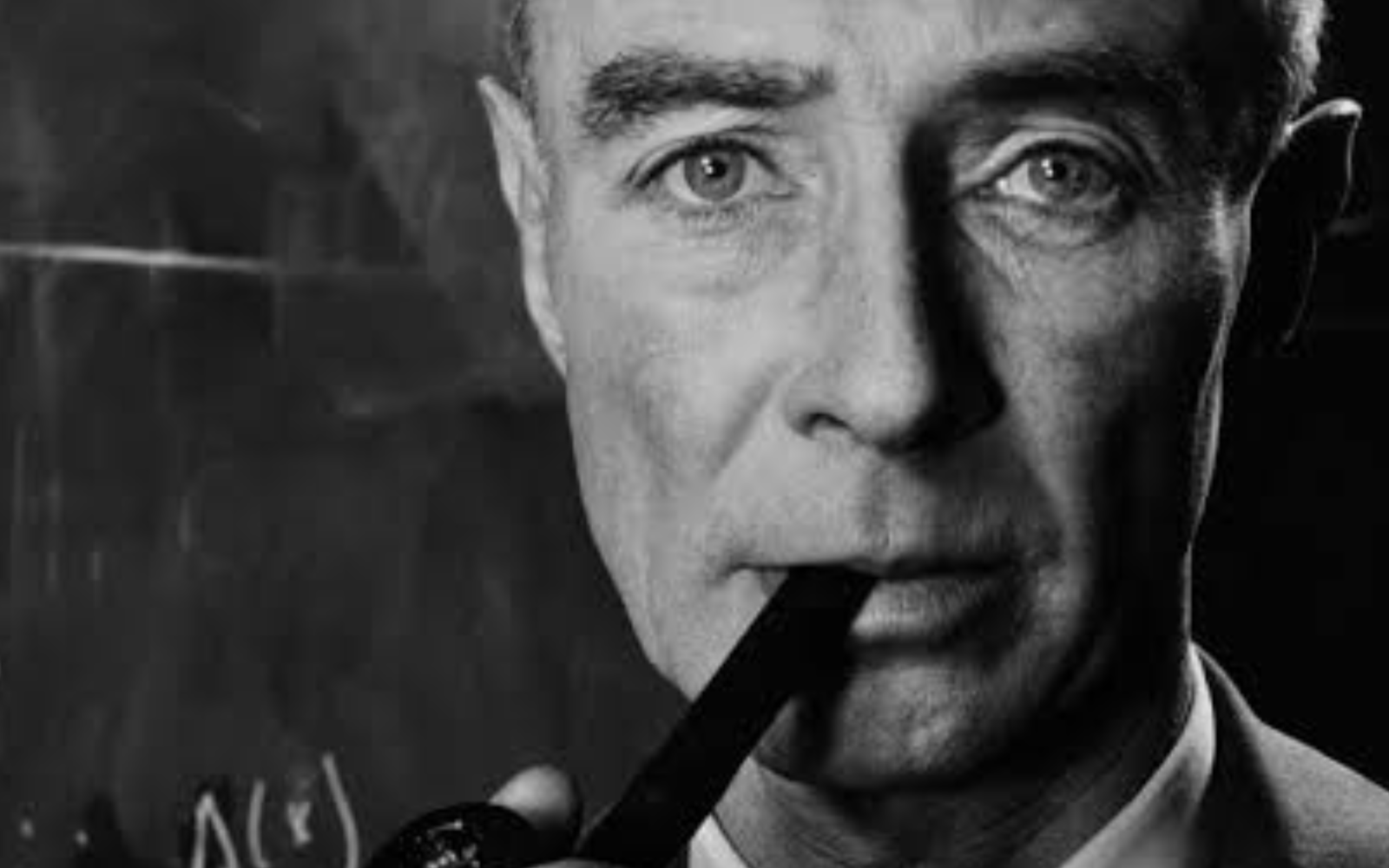
Closing thoughts
From his groundbreaking work on the Manhattan Project to his controversial reputation in the years that followed, Oppenheimer’s life and career are a testament to the power of science and the complex nature of human achievement. Whether you’re interested in the history of science, the complexities of human achievement, or simply enjoy a good story, Oppenheimer is a figure worth exploring.
If you liked our article then share it with your friends, who are interested in science and technology and if you want to explore more articles and web stories like this, click on the link below:
If you like to watch videos like this article go on our YouTube channel we’ll be uploading more stories like this there:

